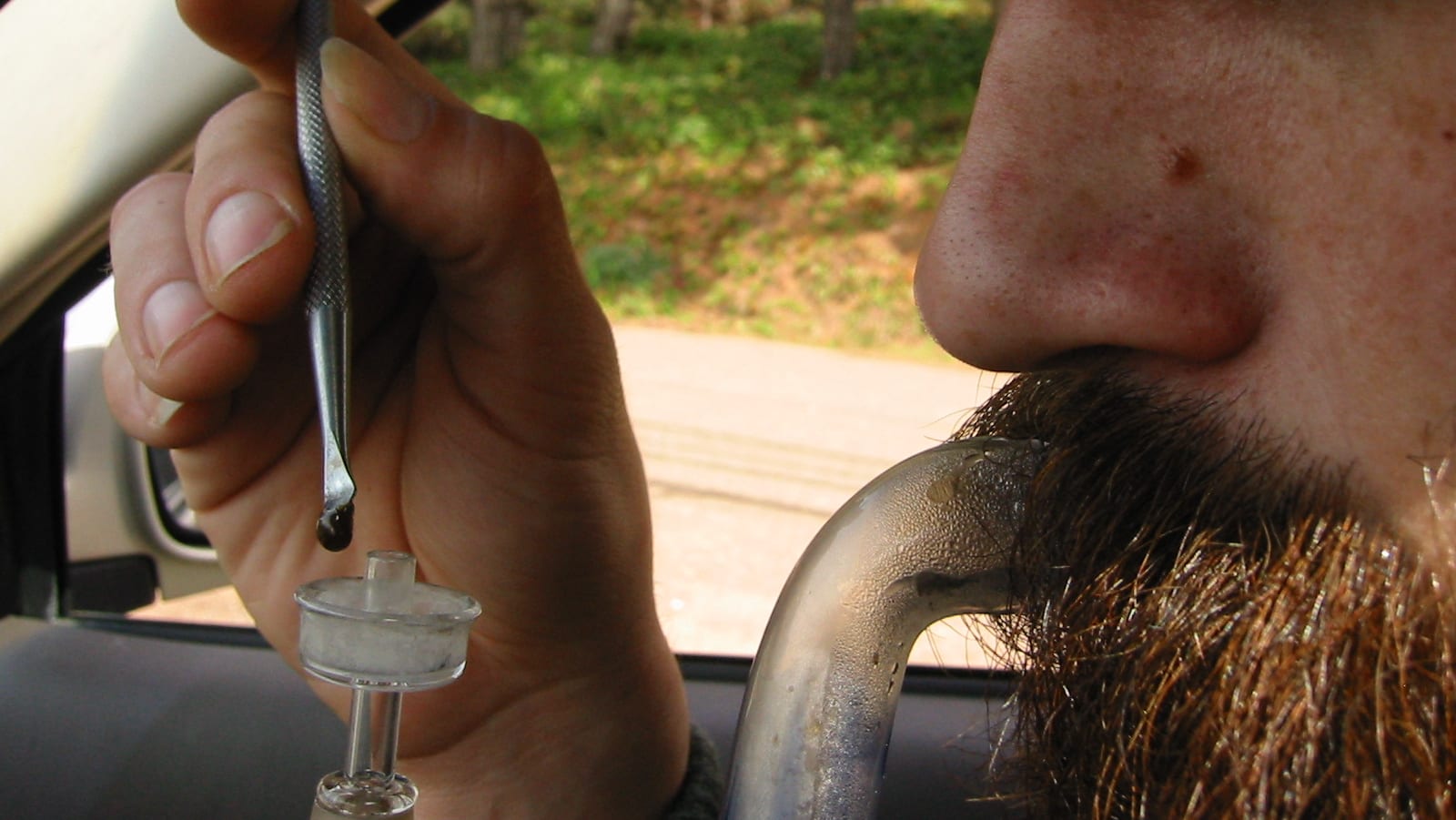Cannabis may impair your driving differently than alcohol, but the effect is the same: decreased reaction times that can lead to collisions and even fatalities, says a leading strategist for the Canadian Automobile Association.
The warning comes with a call for more education on driving after consuming cannabis, following research showing 70 per cent of young people think it’s less important to arrange alternate transportation after weed use compared to drinking.
Canadians age 18-34 clearly understand the risks associated with drunk driving, the same study shows, with 86 per cent reporting the need to plan for a sober ride when consuming alcohol.
But Canada’s largest provider of roadside assistance expressed concern given that a quarter of young folks drive high or have been the passenger of a high driver.
“The study’s findings regarding attitudes and perceptions tells us there is a need for more education,” CAA chief strategy officer Jeff Walker said in a press release. “If you plan to consume cannabis this holiday season, don’t drive. Make an alternate arrangement just like you would for drinking.”
Read more: Driving high is illegal, but 12 million Americans still did it last year: study
While some young Canadians are more likely to think their driving is unaffected by cannabis, the CAA said, scientific studies show that’s not true.
Many facts remain hazy on how differing levels of cannabis use affects individual drivers, and so enforcement remains a challenge.
However, some consistent points are clear in the fog: alcohol is still the worst offender for substance-related accidents and fatalities; mixing alcohol with cannabis magnifies impairment; and chronic, daily users of cannabis may be less impaired than casual users.
More recent research has looked into how cannabis affects users over time, which is starkly different than alcohol.
For example, the primary intoxicant in weed remains in the bloodstream far longer than the experience of being high lasts, so roadside testing of blood-THC levels has been called into question.
In lieu of blood testing, some experts have advocated for generalized impairment testing to determine if people are fit to drive.
Read more: Cannabix announces new THC breathalyzer milestone, DUI lawyer skeptical
Amid the prevailing uncertainties, it’s evident that legalization has made it easier for research to be conducted across the board, so more relevant data is sure to emerge in the coming months which will likely give authorities more confidence in educating Canadians on safe cannabis use.
The CAA says it’s committed to doing its part by running regular public education campaigns, funding studies on the effect of cannabis on driving, and working with the government to ensure law enforcement is prepared to deal with cannabis-impaired driving.
The latest CAA findings are based on a poll of over 1,517 Canadians carried out from November 27 to December 4, 2019.
Top photo by DJ Colonel Corn via Wikimedia Commons
nick@mugglehead.com
@nick_laba














